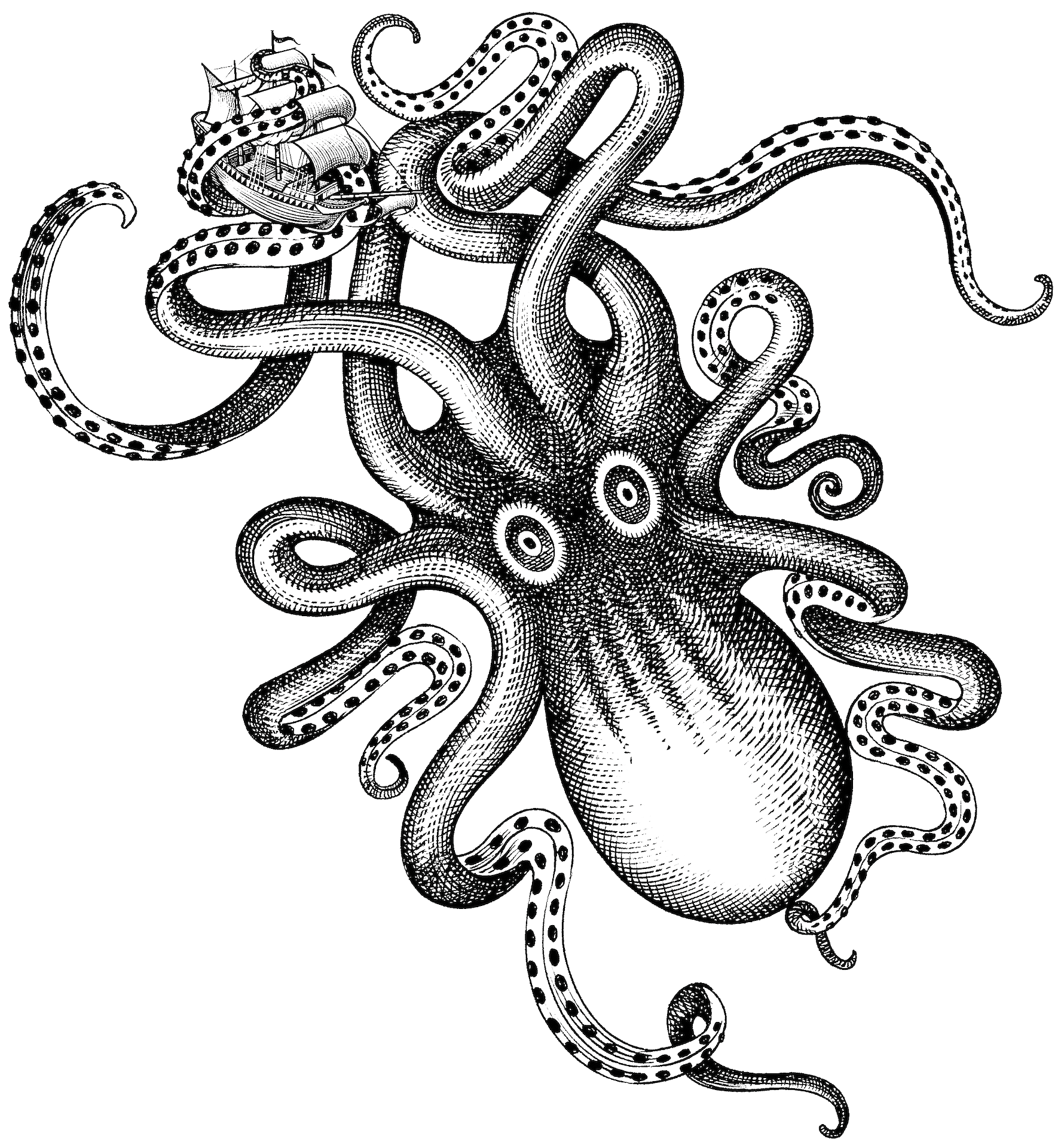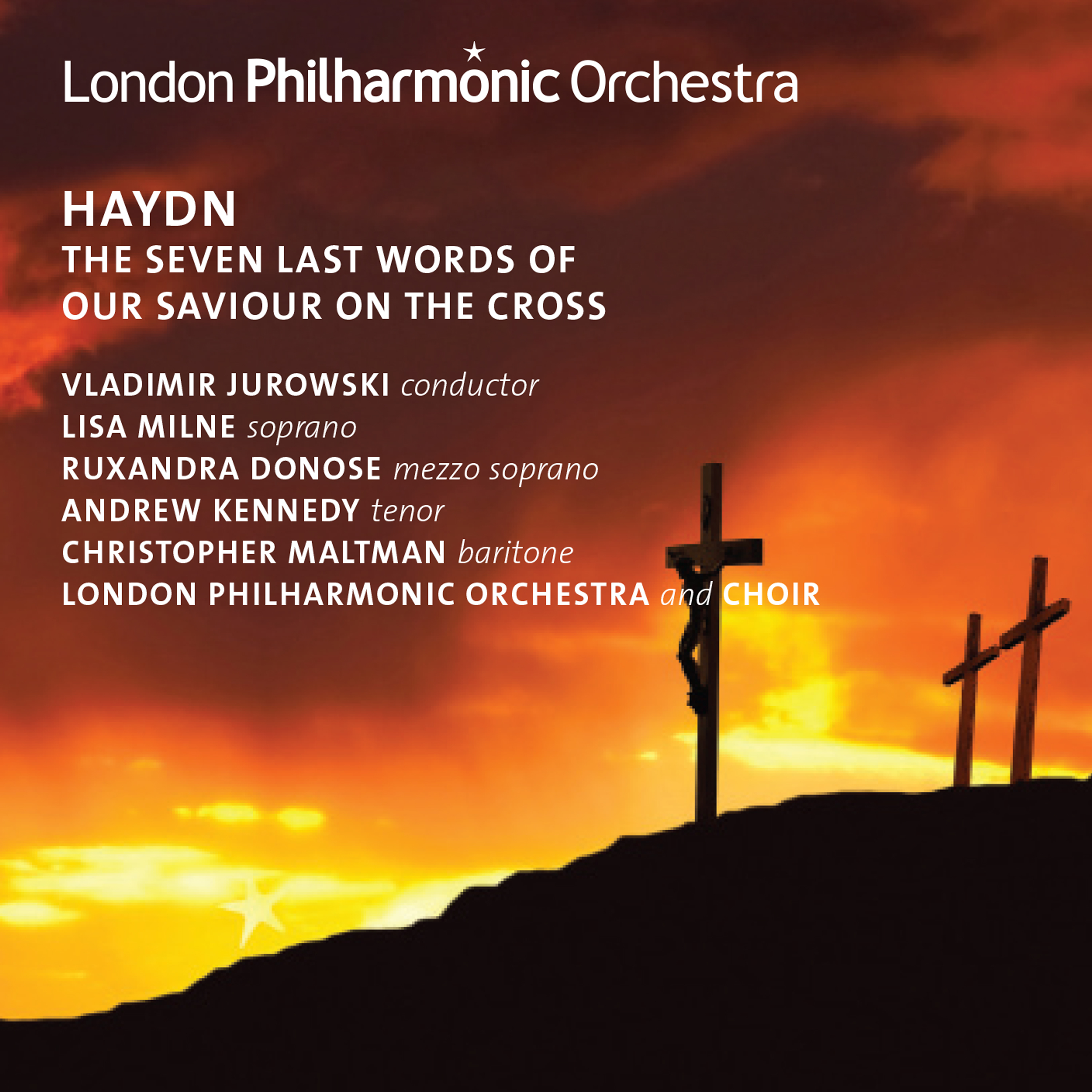This one didn't agree with me.If you are unfamiliar with Haydn's Seven Last Words, it is a contemplative Lenten work. The work is made up of many sections, all of which are set at rather slow tempos, that is, until the final Earthquake.
In addition, there are four different performing versions of Seven Last Words - one for orchestra, one for string quartet, one for piano solo, and one for chorus. This recording features the latter oratorio version.
Except Russian conductor Vladimir Jurowski tries to combine two of the extant versions. He uses the orchestral-only version as preludes to each movement, where he then brings in the choir to do their normal portion. This hybrid approach should make the work quite long, but Jurowski simply moves everything ahead at a speedy pace.
It just doesn't work for this listener. Any mood setting and musical detail is left behind, plus we hear Haydn's music repeated again and again. Furthermore, this isn't a Haydn work anymore; it is whatever Jurowski is trying to make it. The performers do fine work, yet I yearn for something else. Hard pass for me!
A review from 2020
FJ
Haydn’s Seven Last Words comes in a number of different forms. Three
separate, purely instrumental versions: one for orchestra, one for
string quartet, and another for piano solo. Plus, there is an oratorio
version for chorus, soloists, and orchestra. This LPO home label
recording captures a live performance of the oratorio version from
Russian conductor Vladimir Jurowski, the LPO and chorus, and his stable
of British soloists.
10 movements, 9 of which are marked at a
slow tempo, depict the last moments of Jesus on the Cross, and it can be
a gripping, emotional affair. Haydn’s music bandies between Classical
Era propriety and grim scenes, with the finale the only bit of up-tempo
spirit in the form of an Earthquake of reckoning.
Vladimir
Jurowski makes an odd choice here. He presents the oratorio faithfully,
but adds onto it the purely orchestral version as preludes to each
choral movement. This should unbalance the whole work, having the entire
choral work here, plus a good portion of the orchestral version added
as well. But, Jurowski moves this music forward swiftly enough, that it
all comes out at about the same timing of the true oratorio version,
here 65 minutes in length.
What Jurowski misses out on, however,
is the inherent moodiness of these portraits in favor of lilting
gentility and melody making. It is only at the end, where the LPO is
weighty and swinging, and a bit more motion might be called for instead.
There are few enough modern-instrument performances of this work,
however, that this is an interesting addition to the catalog and a model
of Jurwoski's diverse programming in London.
But the
performances are quite good. I don’t much care that the LPO strings have
removed its vibrato, ala a period ensemble, but I like the modern-era
instruments. The chorus is solid, although the recording has them behind
the orchestra in a somewhat diffuse manner, and each movement incipit
sounds oddly under sung. The soloists are big voiced, which probably
will not please the period crowd, but I was happy with their
contributions.
My preference in this work is securely Nicholas Harnoncourt on Teldec.
He is inherently dramatic despite adhering better to Haydn’s slowish
tempos. His chorus makes much, much more of the music, captured closer
to thrilling effect. I don’t care for period bands, but the overall
music making elevates Harnoncourt’s recording. The comparison of Nicol
Matt on Brilliant is too HIP for my tastes, Rilling on Hänssler is a little too gentle and devotional for what I want out of this music, but the more modern recording of Accentus on Naive set between these two.
Jurowski
and the LPO give something those recordings do not - orchestral
preludes from that version added to the choral movements. If you don’t
want to invest in both, this might be a nice combo. But it is hardly
true to Haydn’s intent, and Jurowski’s speeds skim over the meat and
potatoes of this music.
Lightly recommended, but I would search
out Harnoncourt for drama and intensity or Rilling for soft
devotionality. Otherwise, LPO includes texts and translations and the
live recording is very silent throughout, until the included applause at
its conclusion.

Listen on YouTube
Works
Seven Last Words of Christ, Hob. XX/2
Soloists
Lisa Milne, soprano
Ruxandra Donose, mezzo
Andrew Kennedy, tenor
Christopher Maltman, baritone
Performers
London Philharmonic Choir
London Philharmonic Orchestra
Vladimir Jurowski, conductor
Label: LPO
Year: 2011, Live
Total Timing: 64.51
 This is prime Kraken material.
This is prime Kraken material.
Jurowski chooses to try a strange hybrid version of this beautiful work, but it just doesn't work for me.
While I am not period instrument fan, it is Nicholas Harnoncourt who gets a lot more out of Haydn's music on Teldec.
Otherwise, try to make sense of this LPO recording yourself, if you dare!
Find more Haydn recordings HERE!
This is prime Kraken material.


Comments
Post a Comment